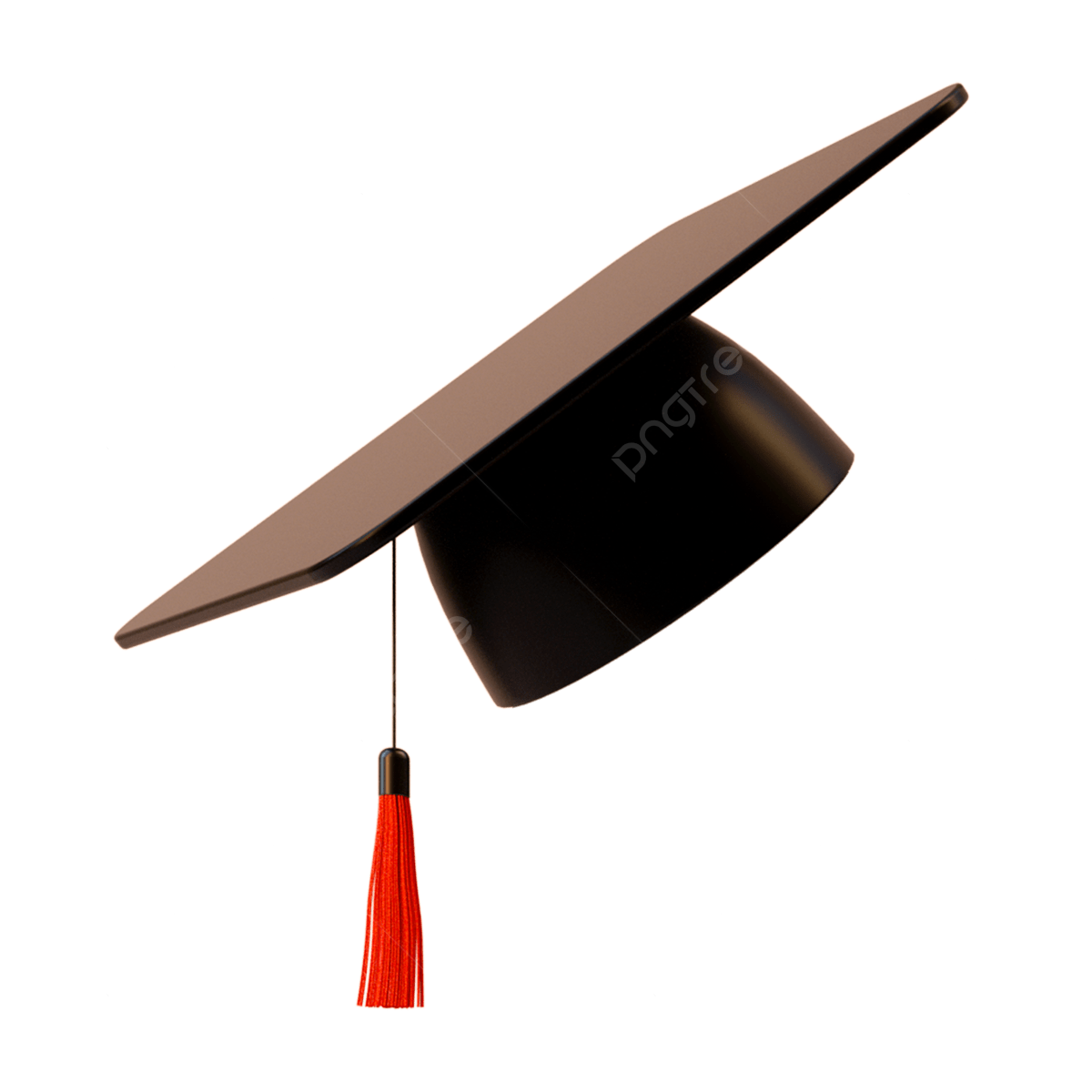Panicking wastes precious time and energy. A clear mind will help you focus better. Remember, stressing out won’t finish the assignment—planning and action will.
Deep breathing can help clear your thoughts. Take a moment to reset your mindset. You need to be mentally sharp to power through the night with efficiency.
Avoid telling yourself you can’t do it. Self-doubt kills productivity. Trust your ability and focus on completing one task at a time until everything is done.
Even if it’s last minute, a calm mindset boosts your efficiency. Stress makes tasks seem harder than they are. Keep your cool and think clearly.
2. Gather All Necessary Materials
Before you begin, collect everything you’ll need. This includes textbooks, notes, your laptop, chargers, and snacks. Getting up repeatedly breaks your flow and wastes valuable time.
Create a study station with all essentials within arm’s reach. Having everything ready ensures you stay focused and minimize interruptions throughout the night.
Also, keep any reference websites or research material open. Tabs with useful sources save time. Make sure your internet connection is stable and won’t cause delays.
Water, coffee, or light snacks will keep your energy steady. Keep them handy to avoid long breaks. A pre-set working environment makes a big difference.
3. Break the Assignment into Small Tasks
Divide the assignment into manageable chunks. Working on a full project all at once is overwhelming. Smaller goals feel achievable and keep your momentum going.
If it’s an essay, split it into sections: intro, body, conclusion. For research tasks, break it down into gathering info, writing, editing, and referencing.
Create a mini checklist for each task. Checking off steps gives a sense of progress and satisfaction, motivating you to continue working efficiently.
Completing smaller parts quickly builds confidence. This strategy prevents burnout and helps track your progress better than working aimlessly on the whole thing.
4. Eliminate All Distractions
Turn off your phone notifications or switch to Do Not Disturb mode. Social media and messages are time killers and ruin your focus when every second counts.
Use apps like Forest or Focus Keeper to stay on track. These tools help you avoid mindless scrolling and keep you locked in on the task.
Work in a quiet space where interruptions are minimal. Inform others that you’re on a deadline to avoid disturbances and maintain your concentration.
Put away unrelated tabs, games, or anything tempting. Your environment should push you towards productivity, not provide easy escape routes from your work.
5. Use the Pomodoro Technique
Work for 25 minutes, then take a 5-minute break. This time management method helps keep your brain fresh and prevents exhaustion during an all-nighter.
Set a timer and stick to it. Knowing a break is coming boosts your focus. During breaks, stretch or take a short walk to refresh your mind.
Avoid long breaks. A few minutes is enough to recharge. Longer ones break your rhythm and reduce your overall productivity during your limited night hours.
Repeat this cycle four times, then take a 15-minute break. This structure improves endurance and keeps you from burning out too quickly in one long push.
6. Start with the Easiest Parts First
Begin with sections that feel easiest to you. It’s a smart way to build confidence and make quick progress before tackling harder or time-consuming portions.
Easy wins boost morale. When you see the assignment taking shape, your motivation grows. Completing small sections early gives a sense of progress and reduces pressure.
Tackling the hardest parts first can slow you down. Instead, build momentum and save the trickiest tasks for when you’re fully in the zone later.
This approach creates a smooth start. With parts already done, you’ll feel less overwhelmed and more capable of handling the tougher content ahead.
7. Use Online Resources Wisely
Websites like Google Scholar, Grammarly, or citation tools can speed up your work. They reduce manual effort and improve quality without wasting time unnecessarily.
YouTube and tutorial websites can help explain tough concepts quickly. Watching a five-minute video might replace hours of trying to understand on your own.
Don’t plagiarize, but do learn from examples. Reading similar assignments can give you structure, language ideas, and help you understand how to approach your topic.
Always cross-check facts from multiple sources. Trust reliable academic websites or digital libraries for research-based content, especially when working quickly and under pressure.
8. Write Now, Edit Later
Don’t aim for perfection in your first draft. Focus on getting all your ideas down. Editing can wait. Writing and editing together only slows you down.
Speed matters. Write as much as possible without overthinking. Flow freely and fix mistakes later. You’ll waste less time and get more content this way.
Once the full draft is done, take a break before editing. Then return with fresh eyes to polish grammar, spelling, formatting, and flow.
Leave at least 20–30 minutes for editing. This time helps catch typos, improve clarity, and make sure your assignment looks clean and professional.
9. Stay Hydrated and Fuel Up
Your brain needs water to stay alert. Drink water regularly. Dehydration causes fatigue and reduces your concentration, which is the last thing you need tonight.
Avoid sugary snacks or energy drinks. They cause quick crashes. Choose fruits, nuts, or protein-rich snacks to keep your energy consistent and brain sharp.
Caffeine can help, but don’t overdo it. Too much can make you jittery or anxious. A single cup of coffee or green tea should be enough to focus.
Eating something light before starting helps you stay full and energized. Avoid heavy meals that make you sleepy. The right food fuels your focus and speed.
10. Submit and Reflect
Once done, double-check submission guidelines. Make sure your name, format, and any required details are included. Don’t lose marks over avoidable technical errors.
Always save a backup copy of your assignment. Email it to yourself or store it in the cloud. Last-minute tech failures can ruin hours of effort.
Click submit with confidence. You pulled it off! Be proud of yourself for managing it under pressure. You just proved what you’re capable of in a crunch.
Reflect on what led to this situation. Use the experience to plan better next time. But for now, enjoy the relief of getting the job done!



